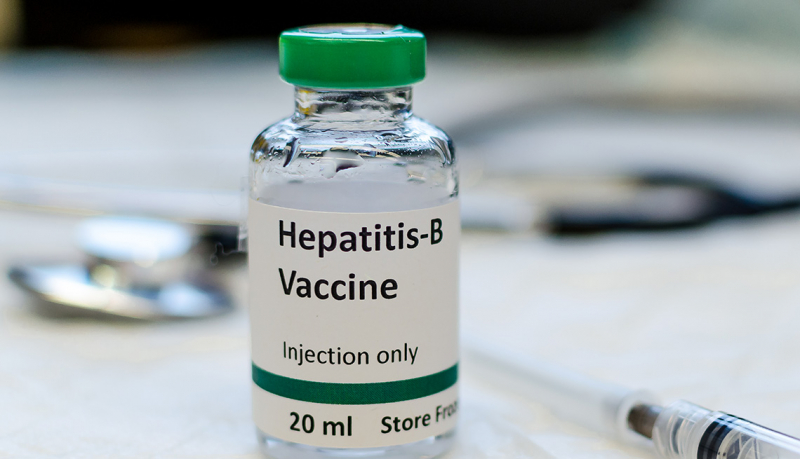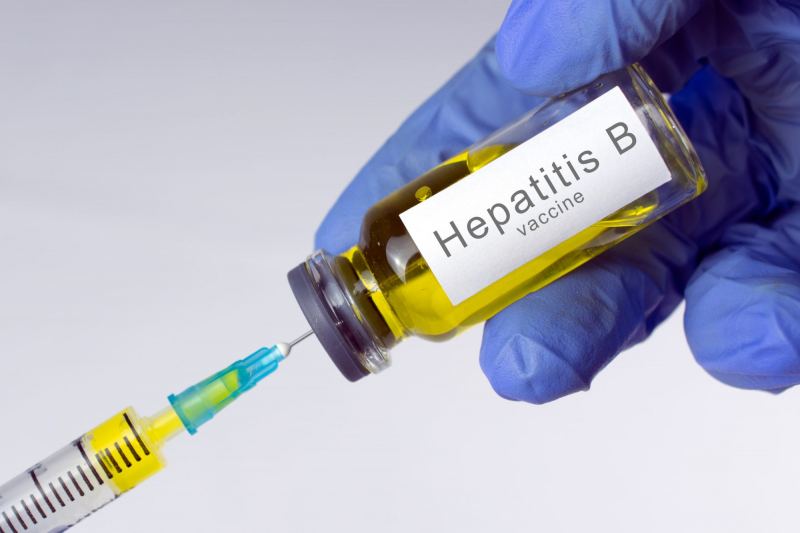Hepatitis B Vaccine (Given at Birth)

Hepatitis B is a liver infection caused by the hepatitis B virus that can be prevented by vaccination (HBV). Hepatitis B is spread when an infected individual's blood, sperm, or other bodily fluids enter the body of an uninfected person. Sexual contact, the sharing of syringes, other drug-injection equipment, or transmission from mother to infant during birthing can all result in this. Not everyone who becomes infected with HBV develops symptoms, but those who do may feel fatigued, lose appetite, have stomach pain, nausea, and jaundice.
There are 3 single-antigen vaccines and 2 combination vaccines that are legally approved in the United States which are ENGERIX-B, RECOMBIVAX HB, HEPLISAV-B as single-antigen hepatitis B vaccines, and PEDIARIX, TWINRIX as combination vaccines.
The most common vaccination schedule for kids and adults is three intramuscular injections, with the second and third doses delivered one or two and six months after the first dose, respectively. Alternative schedules for some vaccines have been approved. Heplisav-B (HepB-CpG, made by Dynavax) is a new formulation that has been approved for two doses, one month apart.


